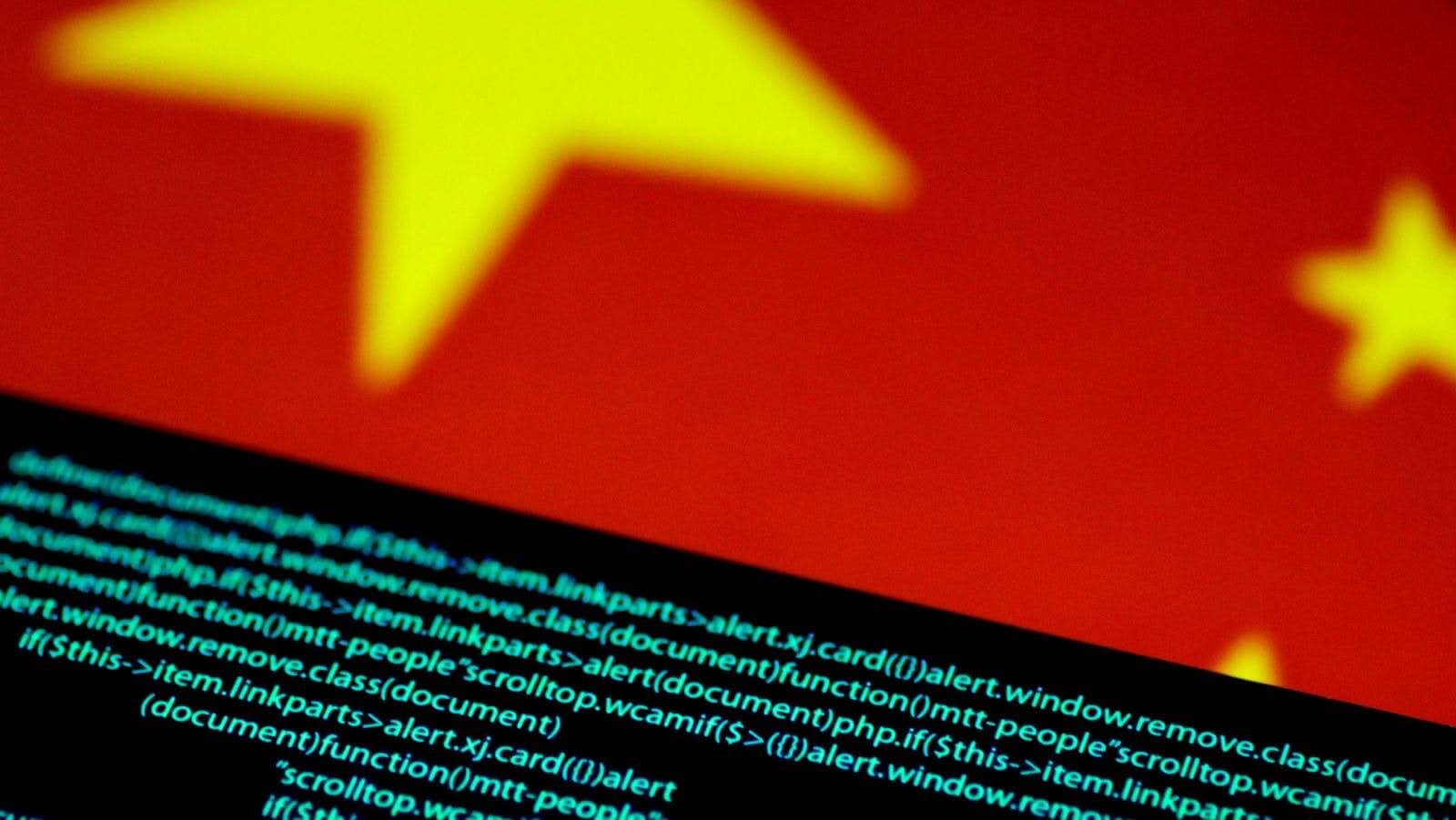Chinese internet users have seen posts referring to the country’s #MeToo movement disappear from WeChat, Weibo, and other popular social networks in recent weeks. In particular, posts about an alleged decades-old cover-up at Peking University, one of the most prestigious universities in China, seems to have attracted the attention of government censors. Students at the school are calling for faculty to investigate the case of Gao Yan, a college student who committed suicide in 1998 after alleging she was sexually assaulted by a professor who remained on the faculty for years.
For embittered activists though, there’s some hope, thanks to the blockchain.
On April 23, a PKU student named Yue Xin published an open letterdescribing being pressured by faculty. According to Yue, after she petitioned the school to disclose information about Gao’s case, her professors and advisors tried to coerce her into ceasing her activism. Her letter was censored so quickly that some internet users began re-posting it online upside-down, in hopes of keeping it in circulation.
Read the full article here.
